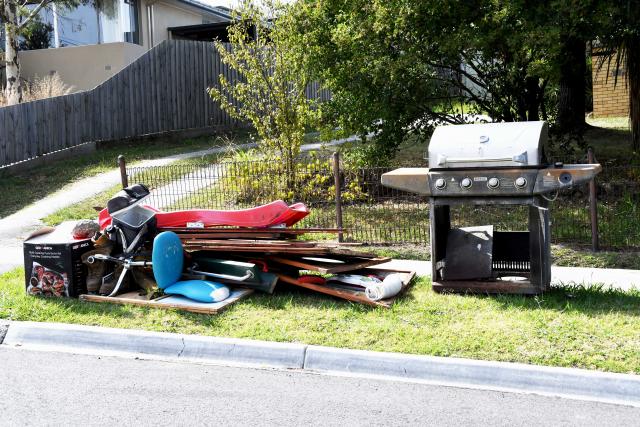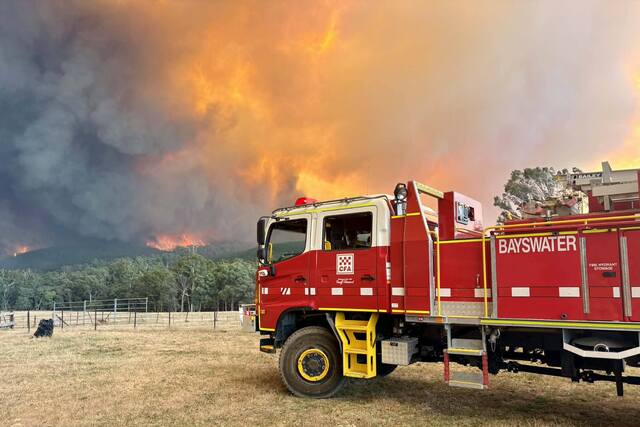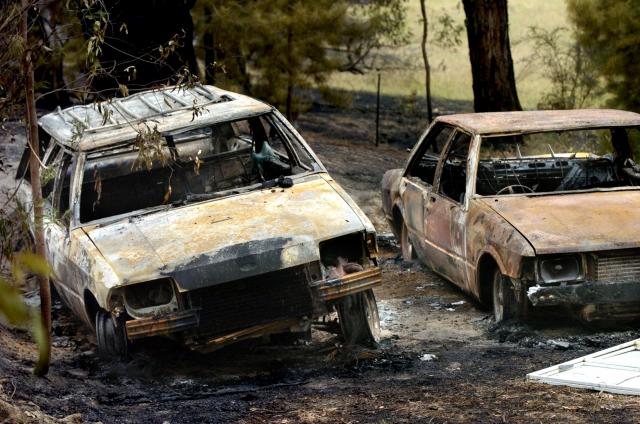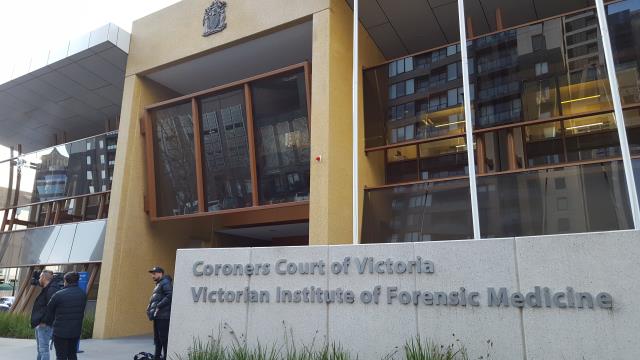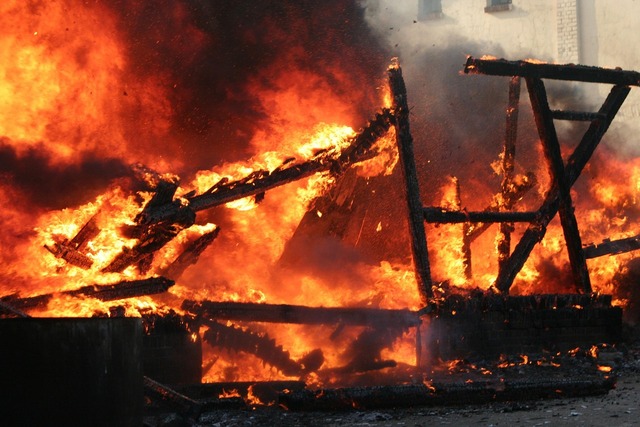Victorians will be turning on their home heating after months of inactivity, with winter arriving next week.
While your heating may be working well, there is a risk that it may be releasing dangerous carbon monoxide into the air. Carbon monoxide is an invisible gas that you can’t smell but it can make you very ill and even be deadly.
Head of RACV Trades, Kieran Davies, says there is one simple way to avoid carbon monoxide poisoning.
“The surest and safest way to prevent carbon monoxide poisoning is to have your heaters serviced every two years by a qualified professional,” he said.
“A heater service will help keep your home free from carbon monoxide and ensure that the air you breathe does not contain dirt, mould and bacteria that can build up in your system.”
All gas heaters can produce carbon monoxide including central heating systems, space heaters, wall furnaces and decorative log fires.
“Regular servicing will also reduce your heating costs, increase energy efficiency, and extend the life of your system,” said Mr Davies.
“Carbon monoxide alarms are available to purchase from various retailers, however it is important to note that their effectiveness is limited to the location where they are installed, and carbon monoxide levels elsewhere in your home may be higher.”
Carbon monoxide poisoning can cause a range of symptoms including headache, nausea and vomiting, skin flushing, muscle pain, weakness, shortness of breath, dizziness, coordination difficulties, confusion, or chest pain. These symptoms may be mistaken for flu-like illness or food poisoning.
“Also remember that heaters should only be installed and operated according to manufacturer’s instructions, and if you suspect a fault in a heater, have it serviced or replaced immediately,” said Mr Davies.
“When selecting someone to service your heating system, make sure they are licenced to do the job. If you are in doubt, RACV Trades has licensed trades who can assist.”
Very high levels of carbon monoxide can cause a loss of consciousness, seizures and even death.
Exposure to low levels of carbon monoxide over a long period of time can also lead to impaired thinking and concentration, emotional lability, irritability, and impulsiveness.



